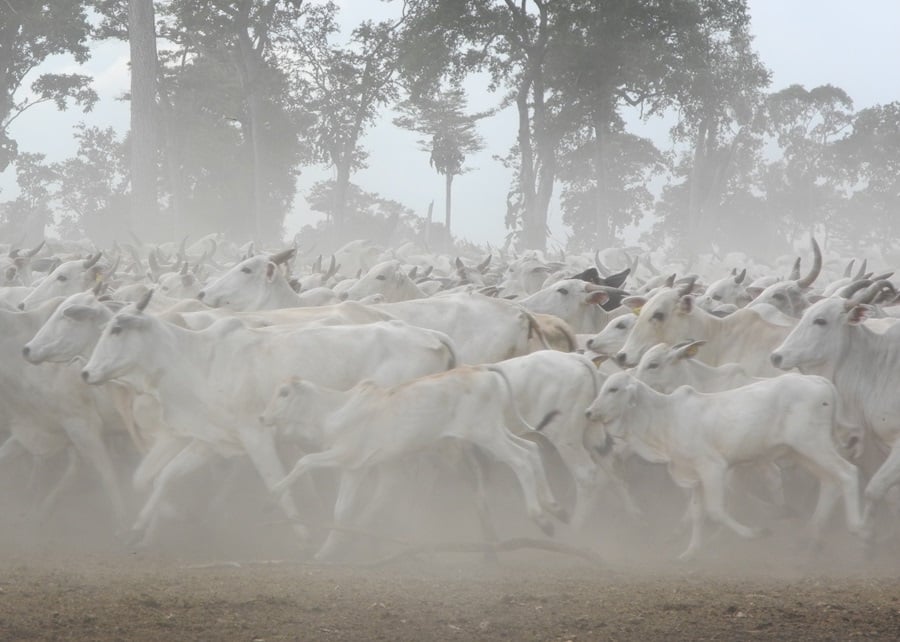Ranchers increase by 200% organic meat production in the Pantanal
Embrapa and Brazilian Association of Organic Producers (ABPO, in Portuguese) identify that ranchers are increasingly adopting organic meat production and sustainable systems for cattle in the Pantanal. In just three years, from 2013 to 2016, this model produced 200% more meat in South Mato Grosso state. The number of livestock producers and slaughterhouses grew by […]

Embrapa and Brazilian Association of Organic Producers (ABPO, in Portuguese) identify that ranchers are increasingly adopting organic meat production and sustainable systems for cattle in the Pantanal.
In just three years, from 2013 to 2016, this model produced 200% more meat in South Mato Grosso state. The number of livestock producers and slaughterhouses grew by more than 100% in the same period.
Exponential growth in monthly slaughters with sustainable meat certification was also observed in the period from June 2020 to May 2021.
Organic meat production
According to the authors of the study, all regions in Pantanal have a propensity for the production of organic meat. Livestock has been developed for over 200 years with the rational use of natural resources, especially native forages, and is the main economic activity in the region.
“The increasing of organic and sustainable meat production can contribute to preserve environmental conservation all over the region”, says researcher at Embrapa Urbano Abreu, leader of activities on the subject.
Production in the region also meets consumer market´s demand for sustainable products, obtained through environmentally correct and socially fair production systems.
These practices add value to the product, in addition to offering better quality meat to the consumer. Abreu remembers that a significant part of world population is concerned about chemical compounds in animal production.
“The organic livestock processes follow quality criteria that encourage environmental conservation, human health, workers’ rights and animal welfare. In particular, for premium and gourmet certifications”, he adds.

